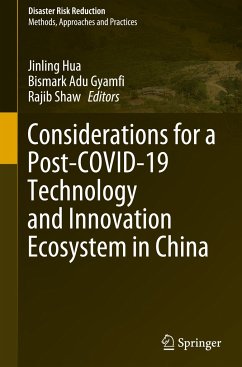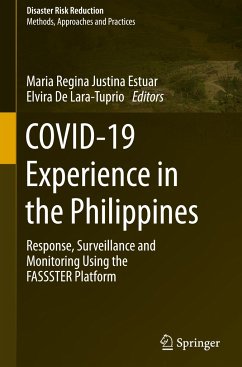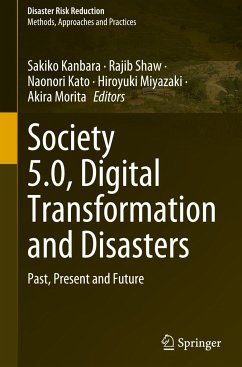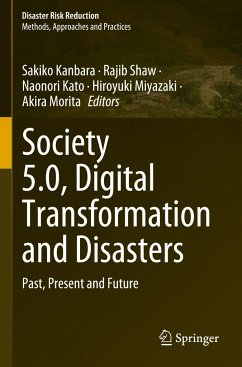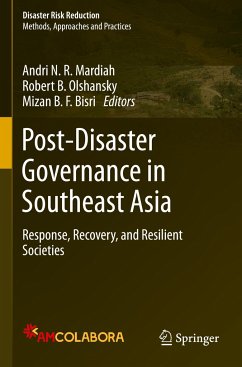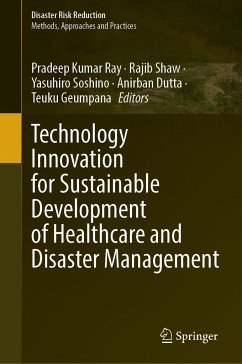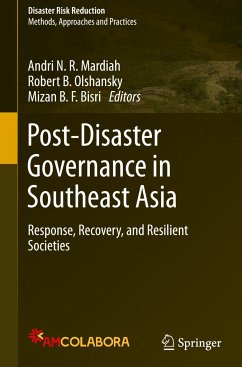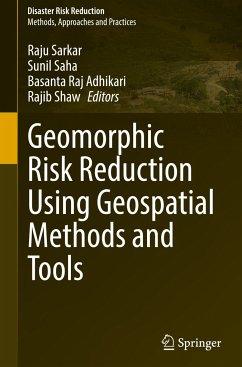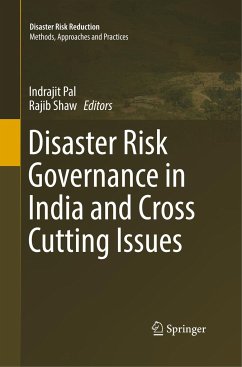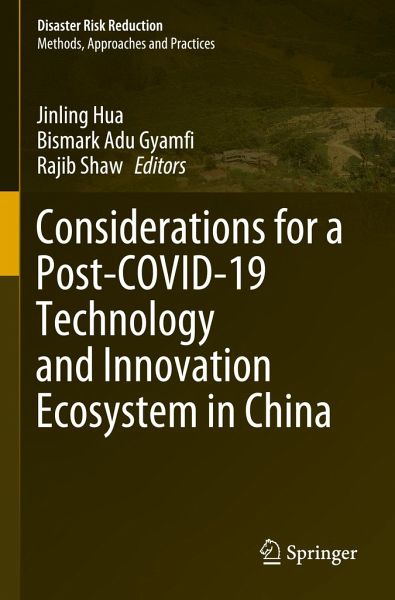
Considerations for a Post-COVID-19 Technology and Innovation Ecosystem in China
Versandkostenfrei!
Versandfertig in 6-10 Tagen
98,99 €
inkl. MwSt.

PAYBACK Punkte
49 °P sammeln!
COVID-19 has made differential impacts on countries and communities around the world. China, where COVID-19 started, has developed and utilized different types of technologies, including both traditional and disruptive technologies, to address the pandemic risks. Also, there have been many innovations in applying technologies in different contexts during the pandemic as well as in the post-pandemic recovery and preparedness aspects. This book covers some of these technological developments as well as the governance mechanisms for developing a technology and innovation ecosystem in a post-COVID...
COVID-19 has made differential impacts on countries and communities around the world. China, where COVID-19 started, has developed and utilized different types of technologies, including both traditional and disruptive technologies, to address the pandemic risks. Also, there have been many innovations in applying technologies in different contexts during the pandemic as well as in the post-pandemic recovery and preparedness aspects. This book covers some of these technological developments as well as the governance mechanisms for developing a technology and innovation ecosystem in a post-COVID-19 context in China. The book also explores the experiences and lessons learned from different types of technologies and their implementation in the post-COVID-19 period and highlights how they can be useful to prepare for future calamities.





